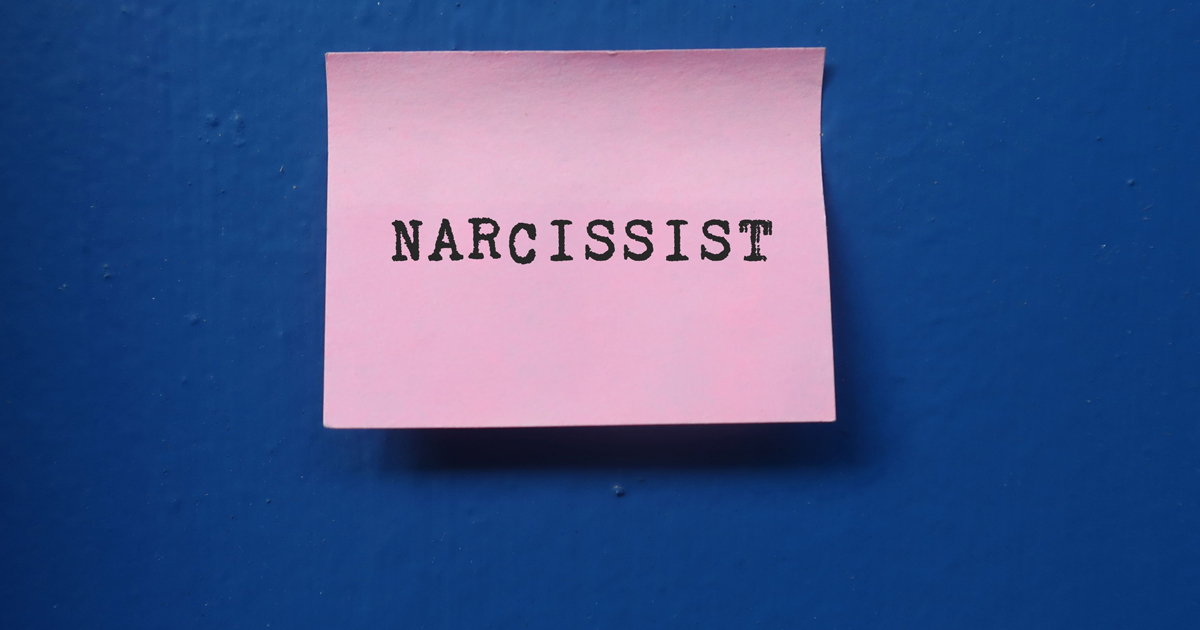Have you ever purchased a product that turned out to be faulty despite your best efforts to ensure you were buying the right thing?
This can be an incredibly frustrating and time-consuming process, but thankfully there’s the Lemon Law in Singapore. This law was designed to protect consumers who unknowingly purchase faulty products.
But what does Lemon Law apply to, and how can you make sure you’re getting the most out of it?
In this blog post, we’ll explore the consumables Lemon Law applies to in Singapore and help you navigate the process of making a claim.
What is the Lemon Law?
The Lemon Law are a set of legislation under sections 13 – 18 of the Consumer Protection (Fair Trading Act). These statutes aim to protects consumers and provide a legal remedy to those who have purchased defective products or products who are of unsatisfactory quality or performance standards at the time of delivery.
What are “lemons” under the Lemon Law?
Defective products are known as “lemons” under the Lemon Law. To qualify for protection under the Lemon Law, your product must have been defective and you must have bought it as a consumer after 1 September 2012.
A defect refers to a non-conformity to the manufacturer’s specifications or performance standards. If a defect arises within six months from the date of delivery, it is presumed to have existed at the time of delivery.
This law is applicable to many different types of products, including but not limited to:
- Cars, motorcycles and scooters, along with their parts and accessories,
- Electronics,
- Furniture,
- Consumables like food, drugs or cosmetics;
- Discounted products that are “non-exchangeable” or “non-refundable”.
However, the following products are not included:
- Houses;
- Land;
- Rented/leased goods;
- Services
- Products obtained from a business-to-business transaction (for example – items purchased from a supplier for your own business);
- Products obtained from a consumer-to-consumer transaction (for example – items purchased from online marketplaces like Carousell or Facebook Marketplace may not be covered, if the seller is not running a business on these platforms)
The Lemon Law also does not provide protection in the following situations:
- If the buyer damaged the product through misuse, unauthorised repair or inappropriate storage or care;
- If the defect arose from natural wear and tear;
- If the buyer had been informed of the defect before the purchase and/or the defect was obvious enough to be spotted before purchasing;
- If the product is not defective but the buyer changed their mind after the purchase;
- If the product did not suit a special purpose that the buyer had in mind for it, but the buyer had not communicated this special purpose to the seller beforehand.
Reporting and Resolving a Defect
Under the Lemon Law, eligible buyers are entitled to various remedies, including repair, replacement, or refund, depending on the severity and nature of the defect.
If you suspect that you have been sold a faulty consumable product, the first step is to notify the seller or manufacturer in writing. This should be done as soon as possible after you become aware of the problem. As much as possible, you should also retain any communications that you have had with the seller before and after the transaction, for your own records and for any potential claims.
From there, the seller will have the opportunity to either repair or replace the faulty product with an item of equivalent value. If they are unable or unwilling to do so, you may be entitled to a full refund or compensation for any expenses incurred in the process of attempting to fix or replace the product.
If the cost of repair or replacement are disproportionately higher than other means of redress available to the buyer, insisting on a repair or replacement would be considered unreasonable.
If negotiations with the seller fail, you can approach the Consumer Association of Singapore (“CASE”) for help.
CASE is an organisation that protects consumer interests and helps consumers file complaints against businesses in Singapore. Depending on your situation and the remedy you are seeking, CASE can help you draft a letter to the seller or negotiate with the seller, on your behalf.
If CASE is unable to assist you, you may also try filing a claim in the Small Claims Tribunal (“SCT”). The Small Claims Tribunal hears cases not exceeding $20,000 or $30,000 if there is a Memorandum of Consent. You must file your claim within 2 years from the date of the event which creates your cause of action, which would be the date of purchase and/or the date in which you discovered the defect.
Lawyers are not allowed to represent parties in a small claims consultation or hearing at the SCT. However, you may approach a lawyer before you decide to lodge a claim at the SCT to understand what may be required of your and what documents/information you may need to prepare for your claim. Alternatively, you may engage a lawyer to prepare the documents for your claim at the SCT.
Limitations of Lemon Law
It’s important to note that there are some limitations to the Lemon Law in Singapore.
Firstly, the law only applies to products that were defective upon delivery (i.e. delivered not more than 6 months ago). Hence, if it has been more than 6 months since you received a defective product, you may not be eligible for a remedy, unless you can prove that the product was defective upon delivery.
Secondly, the Lemon Law only applies to products that were sold in Singapore, so if you’ve purchased a product from another country, you may not be covered.
Thirdly, as mentioned above, the Lemon Law only applies to certain items which were purchased in certain circumstances. If your transaction or product does not fall within the requirements of the Lemon Law, you might have to seek redress elsewhere.
Finally, the Lemon Law only applies to products and transactions that were concluded in Singapore.
Benefits to the Consumer
Overall, there are many benefits to using Lemon Law to protect yourself as a consumer. Not only does it provide you with peace of mind that you’re buying products that meet safety, durability, and performance standards, but it also encourages manufacturers to produce better quality products.
By reporting faulty products, you’re helping to hold manufacturers accountable for their products and promoting a culture of responsible production.












